Losing My Hair to Chemotherapy
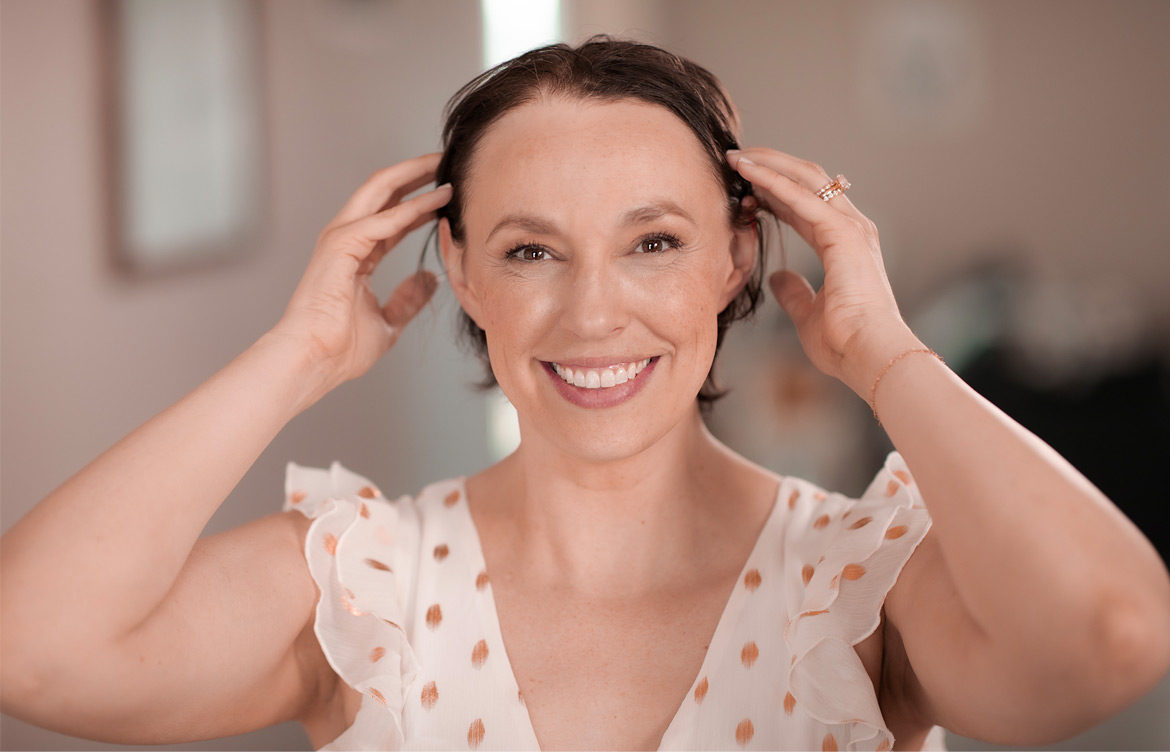
Every year, millions of people around the world undergo chemotherapy as a crucial part of their battle with cancer. However, alongside the physical challenges, there’s an often silent but emotional struggle - hair loss.
Losing their hair is a reality faced by a significant portion of chemotherapy patients, and the impact on their self-esteem and well-being can be enormous. If you or someone you know are experiencing chemotherapy-related hair loss, you’re likely well aware of the fear, discomfort, and emotional upheaval that sometimes comes with it.
In this interview, Daniel Alain shares the experience of one of our real-life customers, Lyndi. We discuss her journey of resilience and empowerment, as well as her strategies for coping with chemotherapy hair loss.

Daniel Alain: Can you share your personal experience with hair loss during chemotherapy?
Lyndi: I noticed my hair falling out in chunks about five days after starting my first round of chemotherapy. At that point, I decided to take matters into my own hands. I had lost a significant amount of hair at the top of my scalp, which was impossible to hide. My hair had become so thin, so I decided to shave it off before losing it completely.
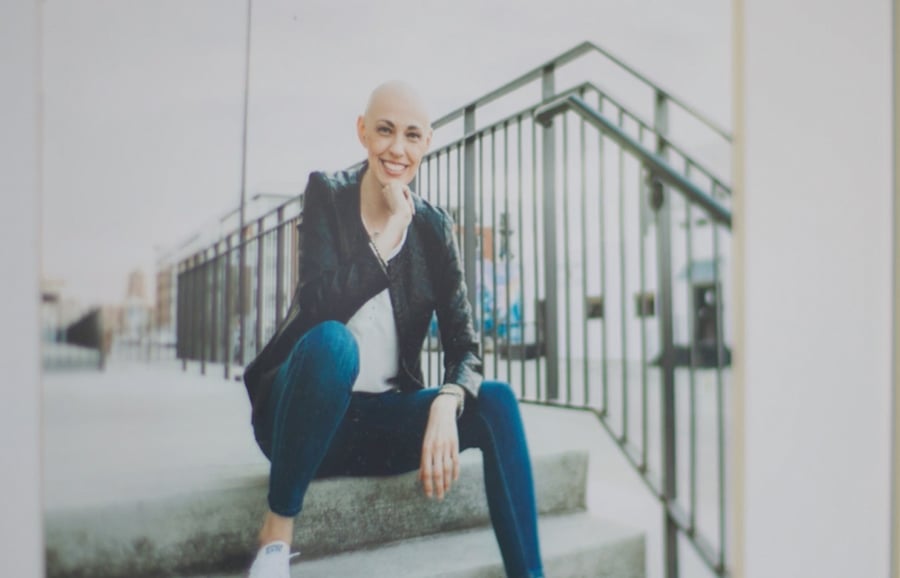
Daniel Alain: What were your initial thoughts and feelings when you first started to lose your hair?
Lyndi: Even though it knew it was coming, the reality of losing my hair hit me like a freight train. I couldn’t fully accept how bad it was in the beginning and I tried to deny it and convince myself my hair was still thick. Eventually, as the days went by, the hair loss worsened, and I knew I had to take action.
I already had a human hair wig in my possession, but I struggled to accept that my hair would be gone. I finally reached a point where I accepted it, and in that moment it took back control. Everything else in my life was out of control, but deciding to shave my head made me feel powerful again.
Daniel Alain: How did wearing a wig contribute to your overall well-being during treatment?
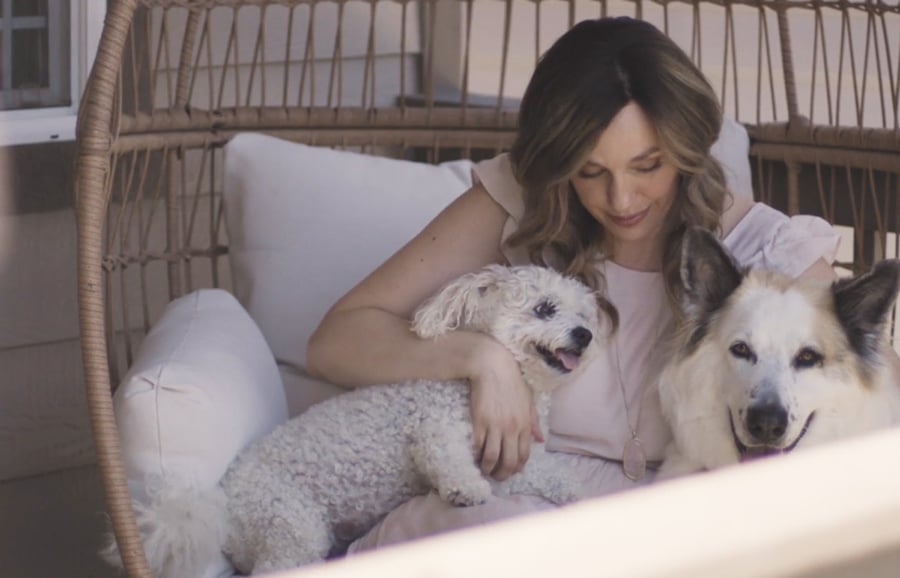
Lyndi: Wearing a wig during my cancer treatment was among the top five self-care practices that helped me get through chemo and cancer, even during remission. If I had to choose just one thing to have during this entire journey, it wouldn't be comfy pajamas, coloring books, or even nausea mints. It would be my wig because it always made me feel human. Very few people, if any, in the world, knew I had cancer when I wore my wig. It gave me a sense of health and normalcy and allowed me to look and feel like myself.
Daniel Alain: Your skin and your scalp can become sensitive during chemotherapy. Did you do anything special to take care of it?
Lyndi: I experienced several skin issues during chemotherapy, especially with my scalp becoming extremely sensitive. This sensitivity is common when you're losing your hair, and the skin is delicate. I consulted with my doctors and oncologists, who provided tips and recommended certain lotions to alleviate the discomfort. My wig consultant also helped me with a wig cap that made my head feel cooler and reduced itching as I lost my hair and it started growing back.
Taking care of my scalp health was crucial, even without hair. During chemotherapy, your cells regenerate, and the skin becomes new and delicate, like baby skin. I treated it gently, used sunscreen, and always kept it covered, with either a wig or a hair wrap.
Daniel Alain: Your hair is currently growing back. How are you navigating this phase?
Lyndi: My hair is growing back, and some people might say I could go out in public with my natural hair now, but I'm not confident enough for that yet. It's growing back in different lengths and textures, making it look a bit uneven. For now, I'm embracing this phase by continuing to wear my wigs even though I have some hair. I've even considered that I might always wear wigs, even if my natural hair fully returns.
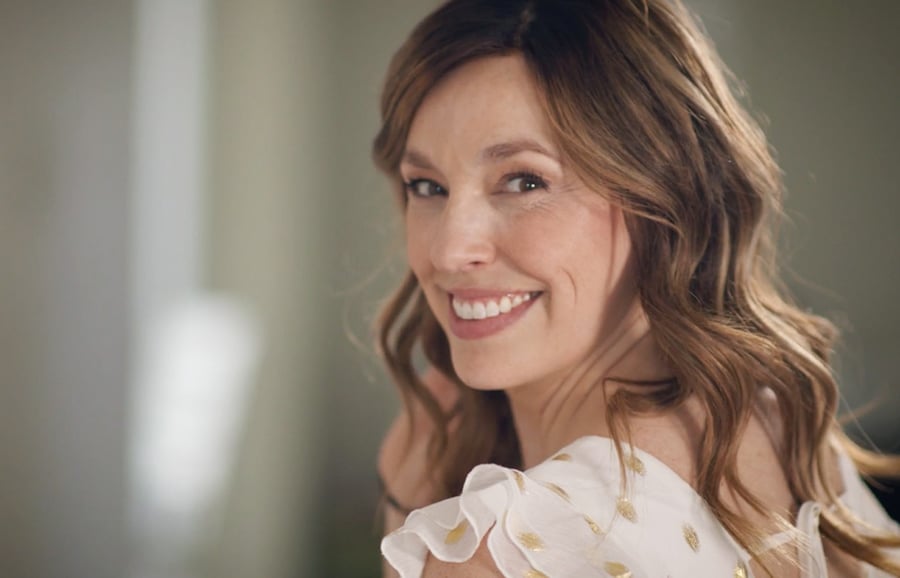
Wearing wigs empowers me, and it allows me to feel good as I navigate this phase of life. Being in remission and survivorship after four years of battling cancer, my wigs give me newfound confidence to go out and conquer life while looking and feeling great.
Daniel Alain: Did you adopt any positive affirmations or practices to help you stay resilient?
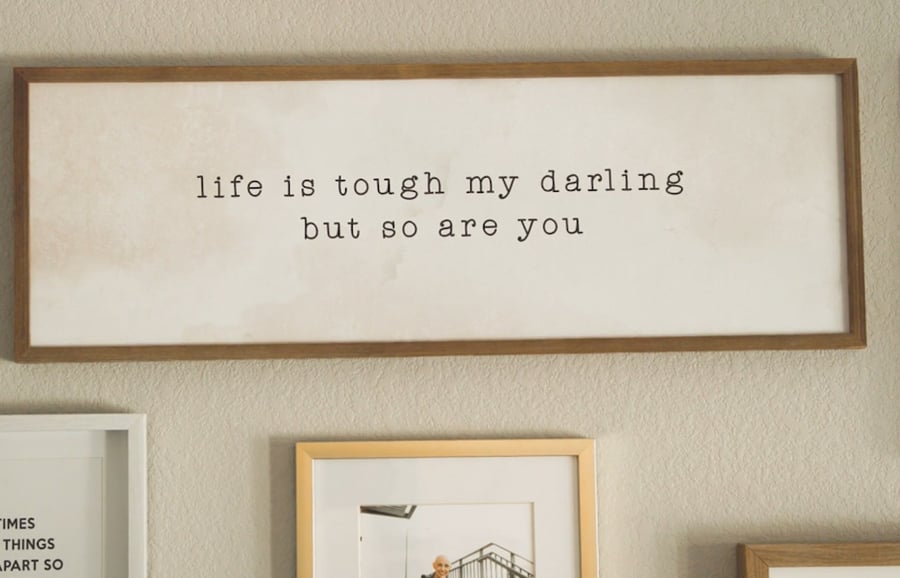
Lyndi: Absolutely. Writing positive affirmations on my hospital room mirror helped me shift my perspective. I also worked hard to look at cancer as an opportunity to learn humility, self-grace, and forgiveness. Seeing cancer as a teacher in my life made the journey less daunting. I encouraged other patients on my floor to find gratitude in small things, even the jello they served during chemotherapy or simply waking up in the morning. It's essential to appreciate life, especially during challenging times, as it's a privilege denied to many.
Am I seeking resources for my next steps?
As you embark on your cancer journey, the prospect of hair loss during chemotherapy may be a looming concern, and the emotional weight of this experience can be daunting. Many who have walked this path before you understand the uncertainty and emotional challenges it brings.
We hope that reading Lyndi’s personal journey and insights has given you a deeper understanding of how she navigated the struggles she faced with chemotherapy hair loss.
As you move forward on your own path, remember that you’re not alone. If you’d like to explore the human hair wig collections at Daniel Alain, please reach out to our experts for a consultation. We would be honored to guide you. We also encourage you to continue to educate yourself about available resources and support networks to help you through this journey. Your strength and determination will guide you towards a brighter future.


.jpeg)